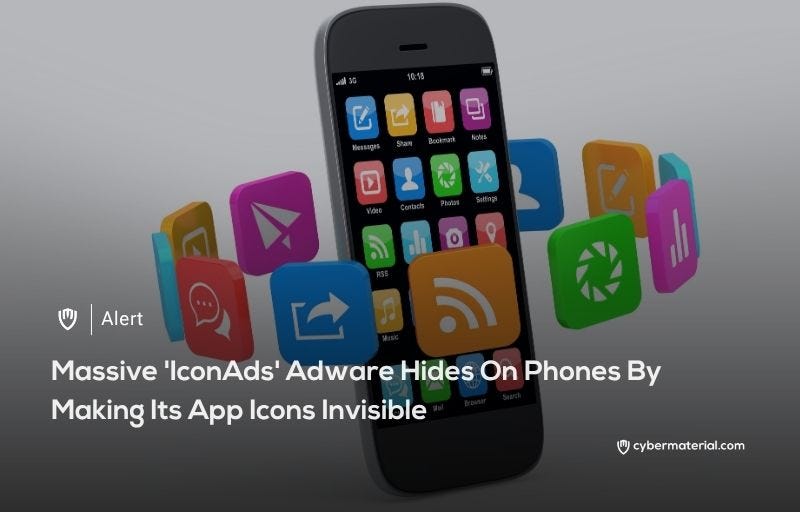
A sophisticated mobile ad fraud operation dubbed “IconAds” has infiltrated Android devices worldwide through malicious applications. These 352 malicious apps were distributed via the Google Play Stor…

A sophisticated mobile ad fraud operation dubbed “IconAds” has infiltrated Android devices worldwide through malicious applications. These 352 malicious apps were distributed via the Google Play Stor…